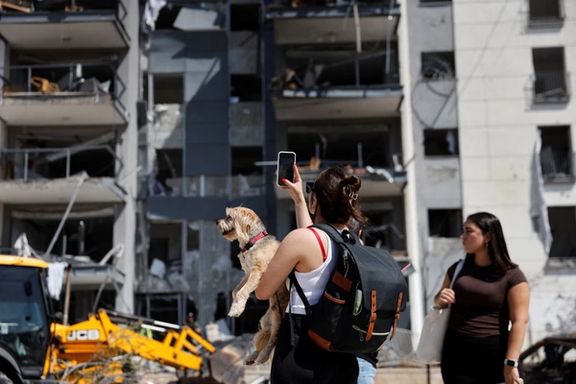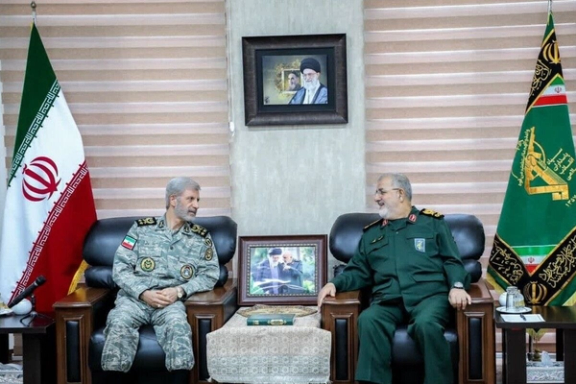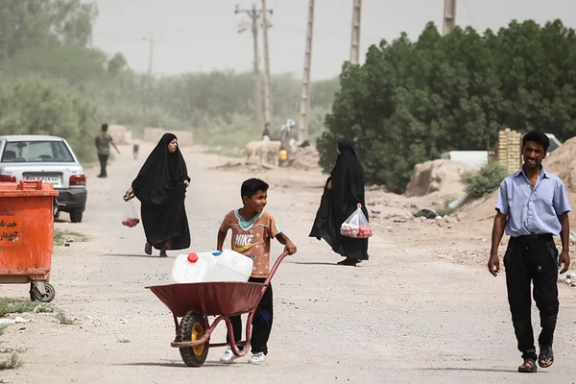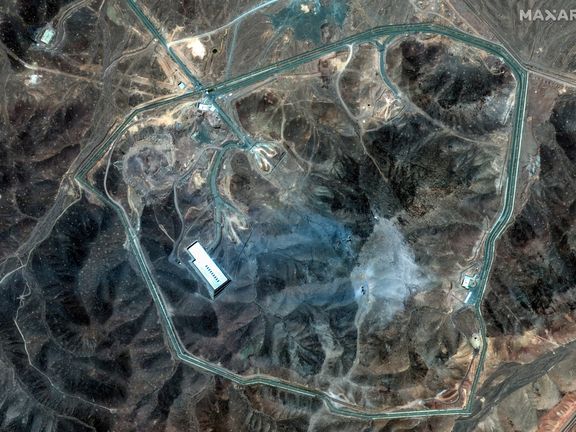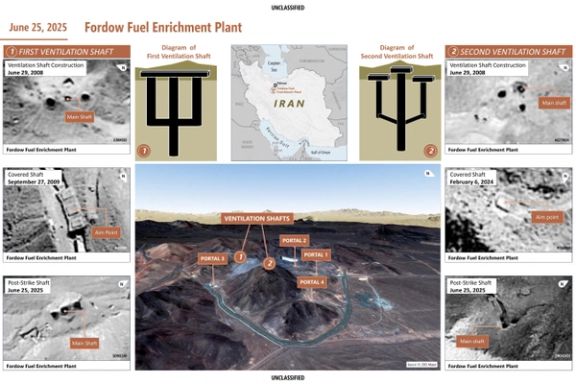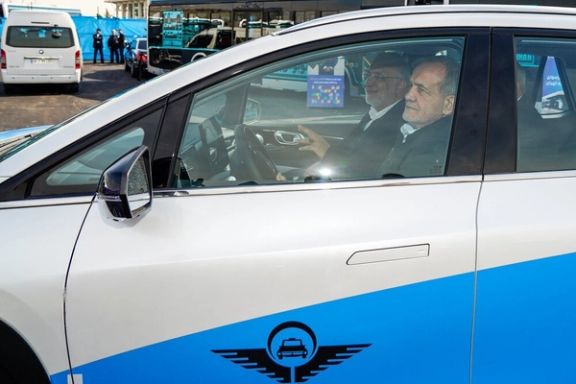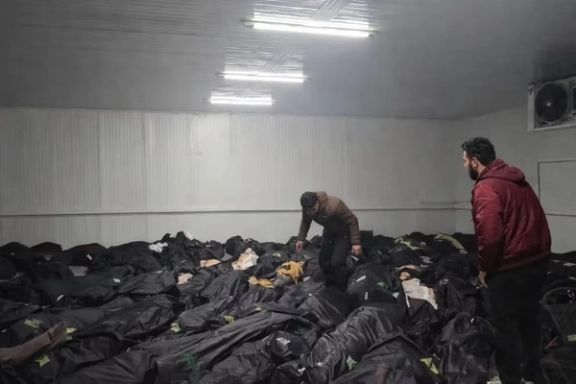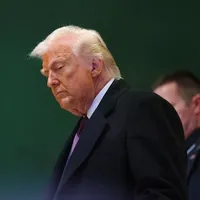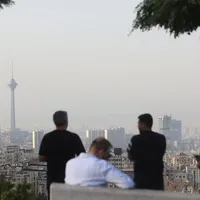Khuzestan, home to much of Iran’s oil wealth, posted a misery index of 46.6, surpassing all other regions. The index combines unemployment and inflation to gauge pressure on livelihoods.
“While Khuzestan leans on oil, Kerman on copper and coal, and Hormozgan on its ports, the misery index in all three has reached unprecedented thresholds,” Rokna wrote.
The national index hit a 42.2 high in the same period, the report added.
The outlet warned that concurrent surges in joblessness and inflation were not only eroding consumer power, but “also endangering social and psychological stability.”
Rokna described Khuzestan’s situation as alarming. The province reported a 35.6% inflation rate and 11% unemployment in spring, despite commanding vast reserves of oil, gas, sugarcane, steel, surface water and port access.
“The water crisis and dust storms, widespread climate-driven migration, high unemployment among local populations, weak health and education infrastructure, and systemic corruption in resource allocation are among the main challenges facing Khuzestan,” the report said.
Since 2018, US sanctions have sharply curtailed Iran’s oil revenues and foreign trade, but recent developments—especially the coordinated US–Israel military strikes on nuclear sites and the threat of renewed UN snapback sanctions—have deepened the economic toll, paralyzing investor confidence and further isolating Iran from global markets.
Kerman, which ranked second with a misery index of 45.9, struggles with inflation in consumer goods, low wages in the mining sector, youth out-migration and limited rural access to credit, according to the report.
The province contains some of the country’s richest copper and mineral resources, as well as solar potential and arable land.
Hormozgan, in third place with a 45.8 index reading, continues to suffer despite its strategic coastal position in the Persian Gulf and role in maritime trade.
“Rising informal settlements, unregulated housing, inadequate education and high inflation” are key drivers of the hardship, Rokna wrote.
The publication cited official income data showing that disparities in Bandar Abbas, the provincial capital of Hormozgan, rank among the widest in Iran, particularly between the port’s core and surrounding settlements.
The economic struggles are also evident in the inadequate minimum wage for the current year, which is set at around 109 million rials (over $125). This amount covers only one third of the estimated cost of living for a typical household, calculated recently at about $600 based on the official data.
The rising costs of essentials such as food, housing, healthcare, and education have made it increasingly difficult for workers to make ends meet.
“The misery index is not just a number; it reflects unbalanced policies, unrealistic planning, and a social rupture in some of the country’s most resource-rich provinces,” Rokna wrote. “When regions endowed with wealth rank highest in misery, it means the distribution of resources and welfare has failed.”
The outlet warned about the intensification of “social dissatisfaction, migration, and even regional instability” in the country, and called on Masoud Pezeshkian’s government to prioritize changing the provincial governors.

